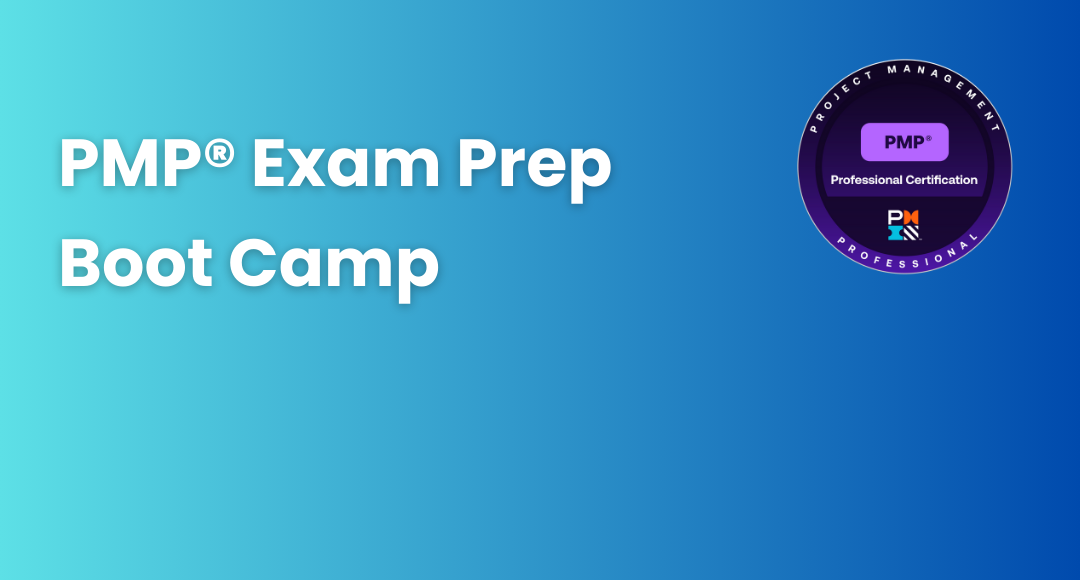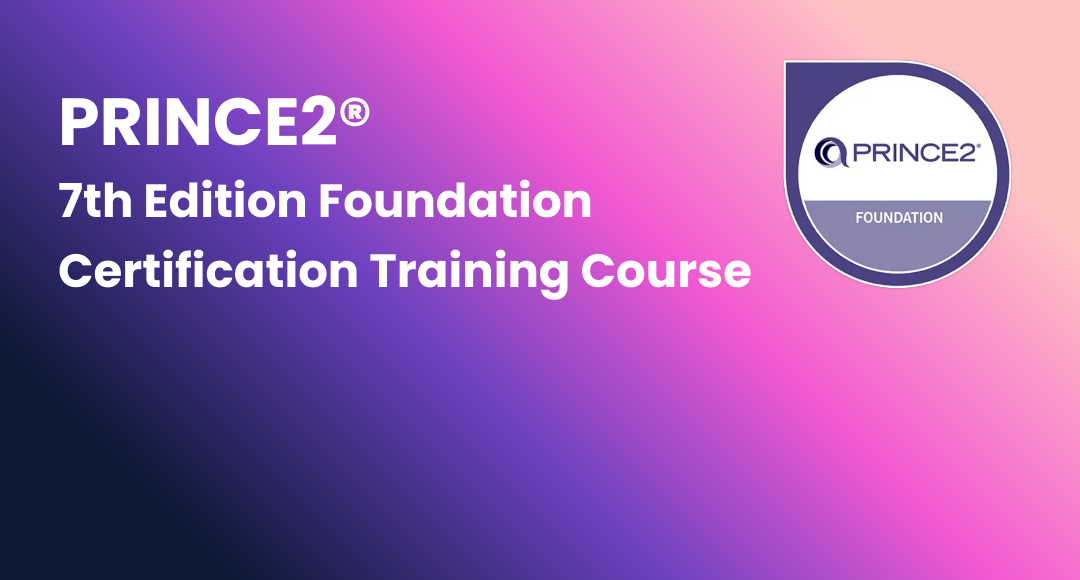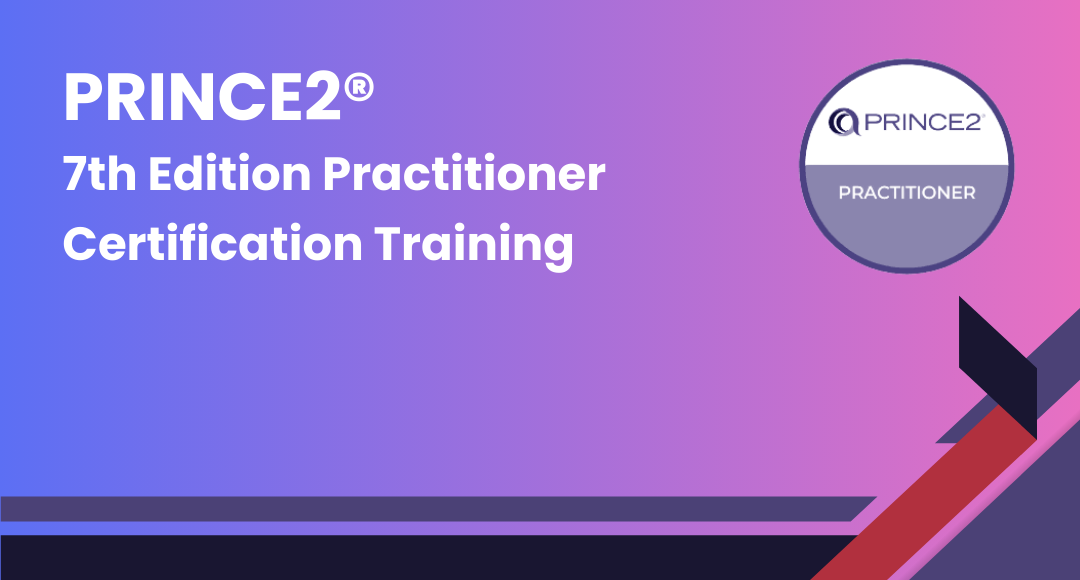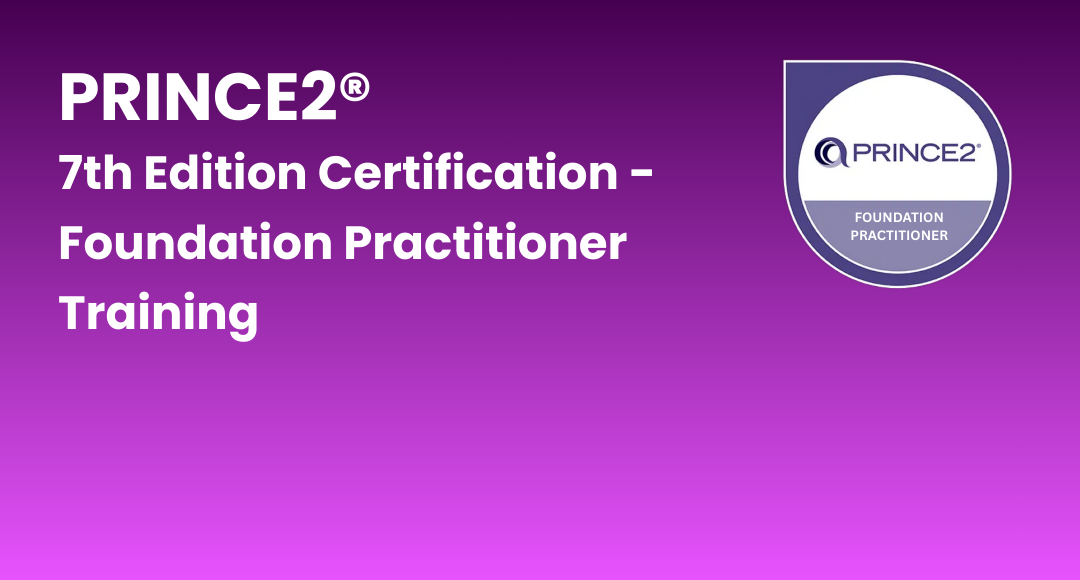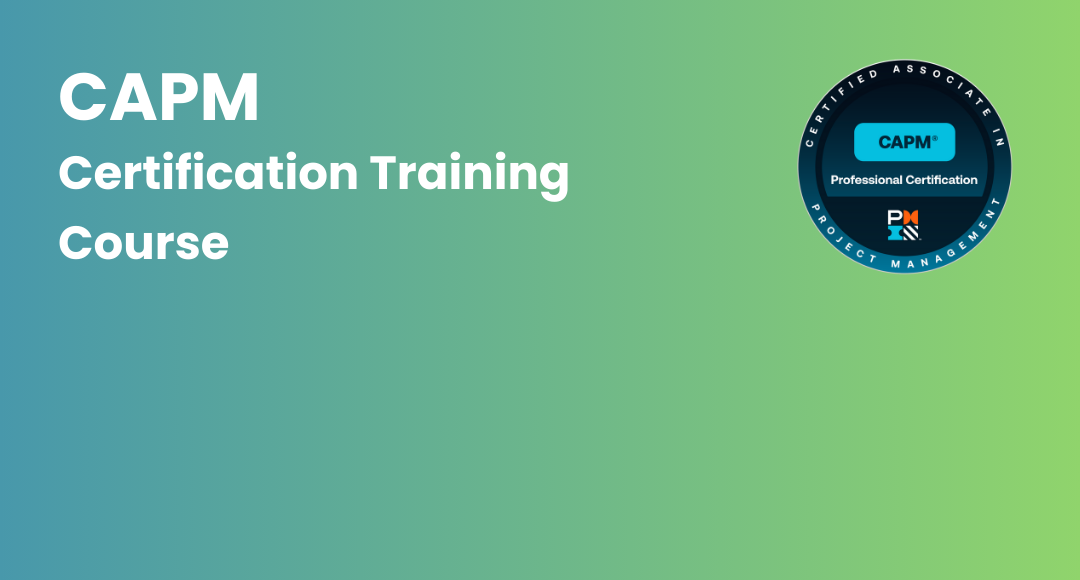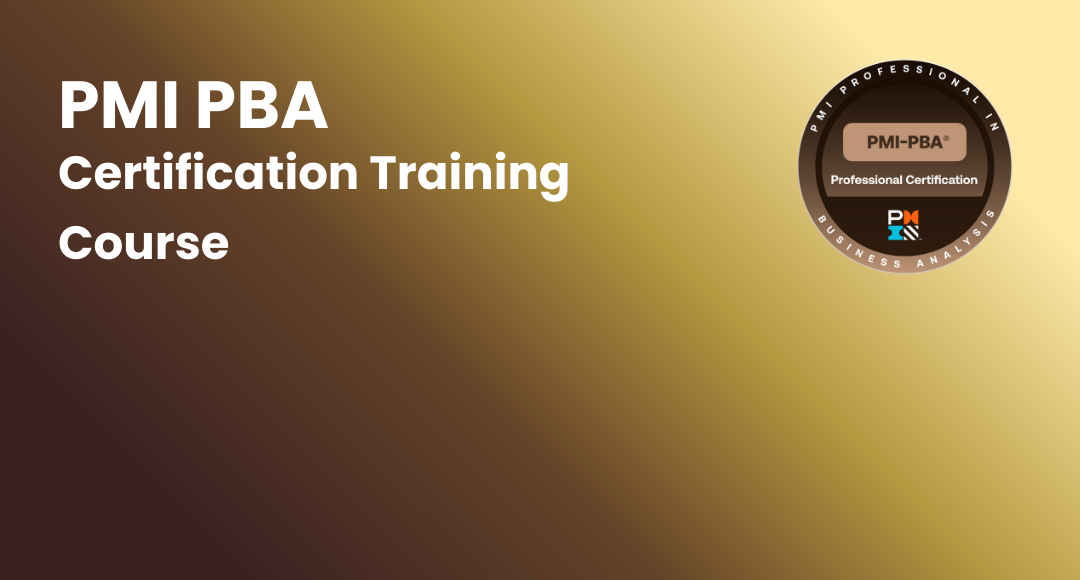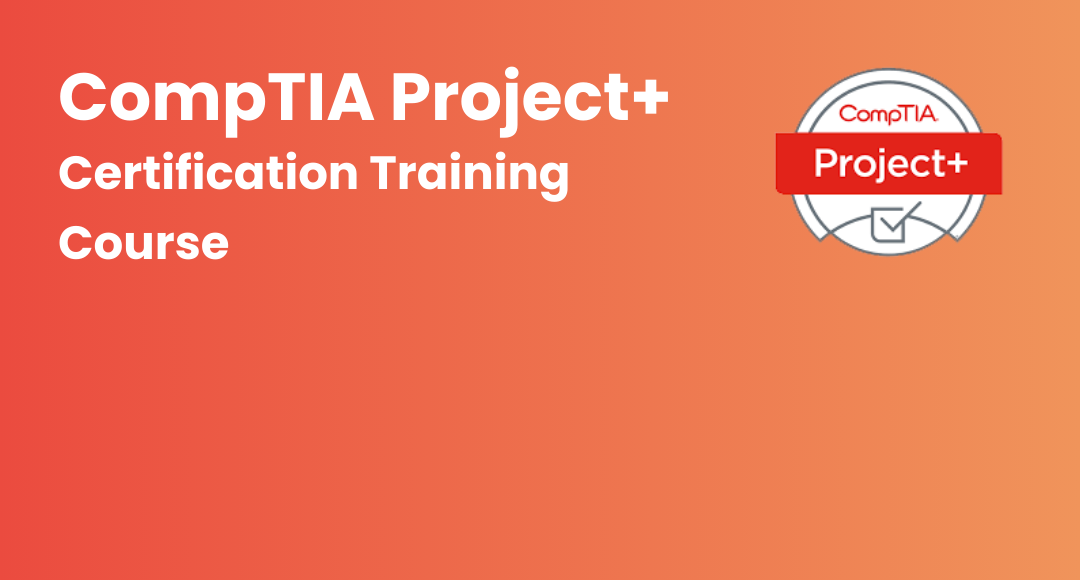Leadership Theories for Managers
-
 By Syed Irfan
By Syed Irfan
- Published on Sep 4 2025

7 Major Leadership Theories Every Manager Should Master In 2025
Management and leadership are not the same thing; however, they are inextricably linked with one another.
In this blog, we will go over the principles of leadership that every manager must know in 2025. Various leadership theories can help identify or groom an effective leader.
If you're looking to know more about the subject of leadership and management, then join Sprintzeal's Project Management Program today.
Several of the well-known theories about leadership that will help enhance your ability to lead and enable you to perform better as a leader, such as
- Contingency Theory
- Situational Leadership Theory
- Transformational Leadership Theory
- Transactional Theories
- Behavioral Theory
- Great Man Theory of Leadership
- Trait Theory of Leadership
Table of Contents
Key Leadership Theories and Styles
For years, numerous studies have been concerned with leadership and have given an array of theories.
These include various theories put forward by scholars, philosophers, along cognitive specialists to help explain the development of a successful leader.
These theories provide insight into the traits and behaviors that help people develop their leadership skills.
In the meantime, there are a few main leadership concepts that every manager must be aware of to stay on top of their game.
Here, we will be discussing the major important leadership theories that will guide you in leading or managing a team efficiently.
1) Contingency Theory of Leadership
This leadership theory suggests that there is no single method or method of leadership that could be appropriate for all situations.
This means that it recognizes that various factors influence any given scenario and that a leader must decide on the best way to proceed by weighing the various elements.
In this sense, the leadership experts White and Hodgson declare, "Effective leadership is about finding the right balance of the context, needs, and behavior." The path-glory theory of leadership tells the same.
Effective leaders are those who possess not just the correct traits but also can evaluate the requirements of their followers and have the ability to analyze specific circumstances based on various circumstances and act accordingly, similar to what Fielder’s contingency theory states: “There is no one best style of leadership.”
Now, let's go through the other leadership theories that every business manager should follow.
2) Situational Leadership Theory
Similar to Contingency Theory, the Situational Theory emphasizes the importance of the role of variables in a situation and doesn't consider anyone's leadership style superior to the
It doesn't believe that any particular style of leadership is superior to the other. Paul Hersey, a US professor and guru of leadership, and Ken Blanchard feel that the theory of situational analysis consists of two key elements.
The level of maturity of followers as well as the leadership style. The theory of situational leadership states that different circumstances require different styles of leadership and decision-making.
A leader must be able to take action in a way that is based on the context they find themselves in. The behavioral theory of leadership of a leader matters.
Individuals can also opt for certain situational leadership skills to enrich their abilities even more.
3) Transformational Leadership Theory
The transformational theory of leadership, or transformational leadership style, focuses on the relationship between leaders and their followers, and is among the most popular leadership theories.
This theory discusses the type of leader who is charismatic and inspiring in encouraging followers to improve and improve in their work.
Also called the Relationship theory, the transformational leadership theory is primarily focused on the relationships that are formed between the leaders and followers.
They also aim to make their followers realize the importance of a specific job. The leader who is transformed is not only concerned with team performance but also gives people in the group a chance to develop their talents. Along it helping them improve their leadership capabilities.
4) Transactional Leadership Theory
Transactional theories, sometimes known as management theories or exchange theories of leadership, are based on supervision as well as teamwork and organization.
This is one of those leadership theories that focuses on reward and discipline as the primary reasons for leadership behavior.
This is among the most frequently used theories in the business world, and the people who advocate this type of leadership employ punishments and rewards to encourage employees.
The theory of exchange, or management theories about leadership, refers to those theories that focus on supervision of teams, teamwork, and organization.
In this type of theory, the core of leadership is punishment and rewards. It is commonly employed in companies, and reward systems are offered to employees to inspire them to be more productive.
5) Behavioral Theory
In the behavioral theory, the focus shifts from the attributes or characteristics that leaders possess to their behavior and actions.
Contrary to theories like the Great Man Theory and the method of leadership that is based on traits, this theory considers successful leadership to come as the product of learning or acquiring capabilities.
In behavioral theories, the focus is on leaders' behavior and actions rather than their characteristics or traits.
Along with this, leadership theories like this stand in stark contradiction to the Great Man Theory and consider that effective leadership is an outcome of learning various capabilities or learning them in time.
6) Great Man Theory of Leadership
The great man theory is among the first theories of leadership, and it is founded on the idea of leadership being an inherent phenomenon. It is also of the belief that the best leaders are "born" and not "made."
As per this theory, someone competent in leading displays the characteristics of an effective leader, similar to leader-member exchange theory, such as charisma, confidence, intelligence, communication skills, and social skills that are present from birth and distinguish them.
The theory emphasizes leadership as something you possess or do not, and is not something you can acquire.
Although this theory might appear confusing to those aspiring to master leadership, take heart in knowing that most modern theorists reject both the theory and, in some cases, the leaders who support it.
This theory is an intriguing take on leadership that emphasizes the characteristics of leadership that have not changed throughout time.
7) Trait Theory of Leadership
The theory follows along the lines of the previous theory in assuming that leaders have characteristics that make them more appropriate for the job of the leader than those who do not possess those traits naturally.
This theory highlights certain traits like intelligence, accountability, a sense of responsibility, and the ability to think on their feet, among other things, which allow an individual to succeed in leadership.
In the tradition of the Great Man theory, the trait theory posits that the majority of leaders have characteristics that make them fit for leadership if you compare them with those with these traits.
The theory of trait leadership highlights certain characteristics or traits like responsibility, intelligence, feelings of accountability, creativity, and much more.
These characteristics allow an individual to succeed in the field of leadership. The most problematic aspect of this model is that it doesn't provide an exhaustive list of characteristics that are thought to be traits of leadership.
But it does show the importance of the traits that are backed by research that assist you in improving your leadership abilities.
Traits of a Good Leader
Since we have gained a thorough knowledge of the various leadership theories, now let's find out what some of the essential traits that a good and efficient leader must possess are.
No matter if it's for some event organization or any corporate project, there are certain essential leadership traits that a good manager or any sincere individual must follow.
Some of these are discussed here.
1. Spirit of Resilience -
Leaders must possess a strong spirit of resilience and learn to bounce back from certain setbacks while also maintaining a very positive attitude in the face of various difficult challenges.
2. Integrity -
Leaders who possess the quality of integrity are not only honest but also ethical and trustworthy, through which they are able to build a very strong foundation of respect and reliability within the team.
3. Decision-Making Abilities -
A very efficient trait of leaders is to make smart and well-strategized decisions even in difficult circumstances or when they are overburdened with a lot of different tasks.
4. Building Trust -
For any healthy team cooperation, trust is undoubtedly very important. Even in the sphere of business and management, leaders can earn trust by being approachable and expressing genuine concern for their team members.
5. Efficient Communication Skills -
One of the most important traits for a good leader and manager is efficient communication.
Leaders must make sure that their flow of communication is very clear and concise and that the message they want to convey is clearly understood by the team members.
Bottom Line
As you will see, theories of leadership or leadership theories are based on various approaches to thinking. Some are focused on traits and characteristics, while others emphasize the context's importance, which influences how leaders behave.
Different leadership theories and skills, such as Transformational Theory or Transformational Theory Style, Situational Theory and Situational Theory Training, Trait Theory, etc, might apply or resonate with different kinds of managers.
Thus, to become effective leaders, they need to identify the right leadership theories for themselves.
If you're looking to improve your managerial skills and increase your leadership skills, Sprintzeal’s Project Management Certification course can help you achieve that goal.
We are now at the end of our blog about the most effective theory of leadership that managers should be able to master in 2025.
These leadership theories are built on various approaches to thinking. While some of the leadership theories are based on characteristics and characteristics, others focus on specific aspects of the environment that could influence a leader’s behavior.
FAQs
I. What do you understand by leadership theories?
A Leadership theory or leadership theories try to explain how and why some individuals become leaders while emphasizing on the various traits and characteristics that are important for effective leadership.
These leadership theories also enlighten about the various necessary qualities along with certain situational factors that influence an individual’s potential and skills to lead in an effective manner.
II. What is the best among all the leadership theories
The Great Man theory of leadership explains how great leaders have certain inborn leadership skills such as courage, intuition, confidence,etc.
A very emerging concept that was popularized in the 19th century, it tries to emphasize how it’s not possible to develop leadership skills unless one is born with it.
III. What are the names of the four leadership theories?
The four popular leadership theories are Trait theory, Behavioral Theory, Contingency Theory, and Transformational Theory.
These theories provide various perspectives through which we can understand what traits and skills determine a good and efficient leader.
Popular Programs
CAPM® Certified Associate Project Management
Live Virtual Training
- 4.7 (962 + Ratings)
- 34k + Learners
Trending Posts
PMI-PMP® Exam Changes Explained in 5 Minutes
Last updated on Jan 23 2024
What is a Risk Management Plan? A Comprehensive Guide
Last updated on Mar 13 2023
How to create a work breakdown structure
Last updated on Sep 23 2022
Best Practices to Measure Resource Utilization
Last updated on Mar 29 2023
What is Agile Project Management? A Beginners Guide
Last updated on Dec 24 2024
Product Lifecycle Management
Last updated on Jun 15 2023
Categories
- Other 75
- Agile Management 49
- Cloud Computing 58
- Project Management 175
- Data Science 69
- Business Management 88
- Digital Marketing 87
- IT Service Management 36
- Programming Language 61
- AI and Machine Learning 91
- IT Security 113
- Quality Management 78
- IT Hardware and Networking 27
- Microsoft Program 5
- Workplace Skill Building 15
- Risk Management 9
- Information Security 8
- Leadership and Management 9
- Corporate Training and Development 1
Trending Now
Issue Log in Project Management - Uses and Importance
ArticleSupply Chain Response And The Factors Involved In It
ArticleBest Agile tools for Project Managers in 2026
ArticlePMI-PMP® Exam Changes Explained in 5 Minutes
ebookProject Initiation Phase - Importance and Roles Involved
ArticleDelphi Technique and Its Role in Project Management
ArticlePMBOK Guide and Project Management Certification Updates 2026
ArticleHow to Use Google Calendar as a Project Management Tool
ebook10 Reasons Why You Should Get PRINCE2 Certification
ArticleCAPM Cheat Sheet 2026
ArticleCAPM Certification Study Guide
ArticleCAPM Certification Exam Preparation Guide 2026
ArticleTop Benefits of CAPM Certifications
ArticleGuide to Advancing Project Management Career with PMP Certification
ArticlePMP Vs PRINCE2 - Which Project Management Certification is Better?
ebookProject Management Interview Questions and Answers for Managers
ArticleProject Management Software to Use in 2026
ebookBest project management certifications in 2026
ArticleProject Feasibility Study in Seven Steps
ArticleCAPM vs PMP – Which Project Management Certification Is Better?
ArticleProject Scope Management Guide 2026
ArticleProject Management Complete Guide 2026
ArticleCAPM Exam – Difficulty, Details and Preparation Tips
ArticleWhat is Project Management?
ArticleIs it worth getting the CAPM certification?
ArticleIs PMP Better than MBA?
ebookWhat is PMI ACP certification?
ArticleIs PMP exam difficult?
ArticleIs PMI ACP worth it?
ArticlePMP or CAPM – which is better?
ArticleWhat is pass percentage for the CAPM exam?
ArticlePMP or PMI ACP – which certification should you get?
ArticlePMP Certification Cost Details
ArticleHow to get PMP certification - Guide 2026
ArticleHow to create an effective project plan
ArticleTop Project Manager Interview Questions and Answers 2026
ArticleGuide to Change Management for Organizational Transformation
ArticleResource Manager Interview Questions and Answers 2026
ArticleTop Project Manager Qualifications and Career Path in 2026
ArticleNetwork Diagram - Types, Topology and Use in Project Management
ArticleProject Management Life Cycle and Its Phases
ArticleGuide to Project Management Processes, Methodologies and Lifecycles
ArticleProcess Capability Analysis Explained
ArticleFinancial Risk and Its Types
ArticleConstruction Project Management - Roles, Stages and Benefits
ArticleRisk Management Strategies in Project Management
ArticleProject Management Principles - 12 Essentials
ArticleProject Management Framework Guide
ArticleStrategic Management Guide 2026
ArticleProject Management Books List - Best of 2026
ArticleProject Documentation and Its Importance
ebookProject Management Tips - Best of 2026
ArticleProject Management Apps Best of 2026
ArticleDigital Project Manager – Skills, Salary, and Scope
ArticleProject Communication Plan – How to Create and Use
ArticleEarned Value Management and Its Significance
ArticlePlanning Poker Estimation Technique
ArticleProject Management vs Product Management
ArticleProject Crashing in Project Management
ArticleProject Controlling and its Importance in Project Management
ArticleProject Report and its Significance in Project Management
ArticleEstimate at Completion - Formulae and Calculations
ArticleProject Cost Management Guide 2026
ArticleProduct Lifecycle Management
ArticleProject Portfolio Management Guide
ArticleProgram Manager vs Project Manager - Comparison of Roles and Careers
ArticleWBS Dictionary - A Beginner's Guide
ArticleStakeholder Analysis and Stakeholder Management Guide
ArticleProject Management Phases Explained
ArticleProject Management Knowledge Areas
ebookPMP Pass Rate in 2026 - Guide to Clear the PMP Exam
ebookProject Schedule Management Guide for Beginners
ebookProject Integration Management Guide
ArticleProject Risk Management Guide
ArticleProject Resource Management Guide
ArticleProject Quality Management Guide
ArticleProject Procurement Management Guide
ArticleProject Deliverables in Project Management
ebookConflict Resolution in Project Management
ebookPERT vs CPM in Project Management
ebookGantt Charts - The Ultimate Guide
ebookWork Breakdown Structure in Project Management
ebookTop Gantt Chart Makers in 2026
ebookGantt Chart Tools - Best of 2026
ebookHow to create a work breakdown structure
ebookProject Manager Resume Guide – Best Tips and Examples
ebookProduct Management Frameworks - The Ultimate Guide 2026
ebookProduct Planning - A Beginner's Guide
ebookWhat is Product Management? - A Beginner's Guide
ebookGuide to Project Stakeholder Management
ebookPMP® Certification Salary: Job and Salary Scope in 2026
ebookTop Project Engineer Skills
ebookGuide to Technical Project Management
ebookTop 10 project management competencies
ebookNegotiation in Project Management: The Utimate Guide
ebookTime Management in Project Management - Steps to Implement it
ebookTop Program Manager Skills of Successful Program Managers
ebookA Brief Guide to Conflict Management Approaches
ebookWhat is a Risk Management Plan? A Comprehensive Guide
ebookWorkflow Diagram - Steps to Create, Symbols, Types, and Uses
ebookBest Practices to Measure Resource Utilization
ebookWorkload Management: How to Optimize Your Team’s Workload?
ebookWhat is Project Execution? A Comprehensive Guide
ebookProject vs Program Management: Key Differences
ebookKanban Methodology in Project Management – A Complete Guide
ebookHybrid Project Management Guide 2026
ebookProject Characteristics: Key Elements in a Project
ebookThe Ultimate Guide to the Waterfall Methodology in Project Management
ebookProject Budget: Definition, Overview & How to Create One
ebookThe Ultimate Project Kickoff Meeting Guide
ebookProject Timeline: How to Build One, Definitions, and Examples
ebookProject Scope Statement: How to Write One With Example
ebookStatement of Work in Project Management Guide 2026
ebookProject Management in Product Development : Essential Role
ebook10 Best Change Management Tools to Use
ebookMastering Resource Scheduling to Unlock Project Success
ebookProject Risk Analysis: Tools, Templates & Best Practices
ebookHow to Write a Project Summary: Four Easy Steps
ebookTop Leadership Skills: Mastering the Art of Effective Leadership
ebookHow to Write a Project Descriptions: A Step-by-Step Guide
ebookWhat is Project Monitoring? A Comprehensive Guide
ebookWhat Are Project Fundamentals? A Quick Guide
ebookKanban Board: A Detailed Guide to Understanding and Usage
ebook10 Effective Management Styles for Leaders (With Real-Life Examples)
ebookProduct Manager Career Path: What to Expect
ArticleCareer Path for Program Manager - Strategic Navigation for Professional Growth
ebookExploring Career Path for Product Owner
ebookAn Ultimate Guide to Project Coordinator Career Paths
ebookHow to Become an ISO 21502 Lead Project Manager
ArticleWhat are the Basics of ISO 21502 Foundation? A Brief Guide
ebookThe Role and Responsibilities of an ISO 20400 Lead Manager
ArticleEnergy Saving Standards and ISO 50001 Best Practices
ebookComparing Different ISO Certifications for Project and Energy Management
ebookGuide to ISO Certifications for Effective Project and Energy Management
ArticleWhy ISO 50001 is the Perfect Match for Energy Efficiency?
ArticleAI Tools for Project Managers: A Game Changer for Project Success
ArticleAbout Disney’s Project Management: Where Magic Gets Real
ArticleMcDonald's Recipe to Success - A Perfect Project Management Case Study
ArticleToyota’s Project Management: A Road to Greatness and Innovation
ArticleNetflix's Binge-Worthy Project Management
ebookUnder Armour’s Project Management Approach
ArticleWipro Project Management: Core Lessons from Tech Giant
ArticleProject Management at Google: Tools and Success Stories
ArticleCoca-Cola Project Management Strategy and Key Insights
ArticleAI in Project Management: Transforming the Future of Work
ArticleBehind the Scenes: How Apple Executes Projects with Flawless Precision
ArticleTesla's Advanced Project Management: Accelerating the Future
ArticleBeats to Business: Spotify's Project Management to Redefine Music
ArticleTop AI Project Management Software to Elevate Your Workflow
ArticleProject Management Office: Step-by-Step Guide to Start a PMO
ArticleWhat is a Project Management Information System?
ArticleHow Microsoft Balances Innovation and Project Management?
ArticleWhat is Agile Project Management? A Beginners Guide
ArticleIKEA Project Management: What to Learn and Stay Competitive
ArticleHow Did Nike Become a Global Leader?
ArticleIntel's Master Project Management Formula
ArticleSamsung Pioneer in Project Management: The Secret Behind It
ArticleAmazon Logistics Strategies That Dominate Retail
ArticleRemote Project Management Success: Key Strategies and Career Opportunities
ArticleStreamlining Workflows: The Best Digital Tools for Professionals
ArticleUnderstanding the Financial Risks in Sponsorships and How to Avoid Them
Article3 Real Disasters That Teach Critical Project Risk Planning Lessons
ArticleInterview scheduling automation: Streamlining the candidate experience
Article3 Quality Gaps That Can Ruin Your Project Outcomes
ArticleBest 4 Construction Drawing Management Tools to Boost On-Site Efficiency
ArticleEssential Jira Interview Questions for 2026
ArticleProduct Development Cycles That Keep Innovation on Schedule
ArticleSmarter Projects with AI
ArticleLegal Project Management for PMs: A Practical Starter Guide
ArticleProject Manager Job Description: Roles, Responsibilities, and Skills
ArticleProduct Analyst Job Description – Key Duties and Career Path
Article7 Team Assessment Tools for Project Management
ArticleHow MVP Development Is Transforming Project Management
ArticleWhy AI for Project Management is the Great Reset for Leadership
Article
